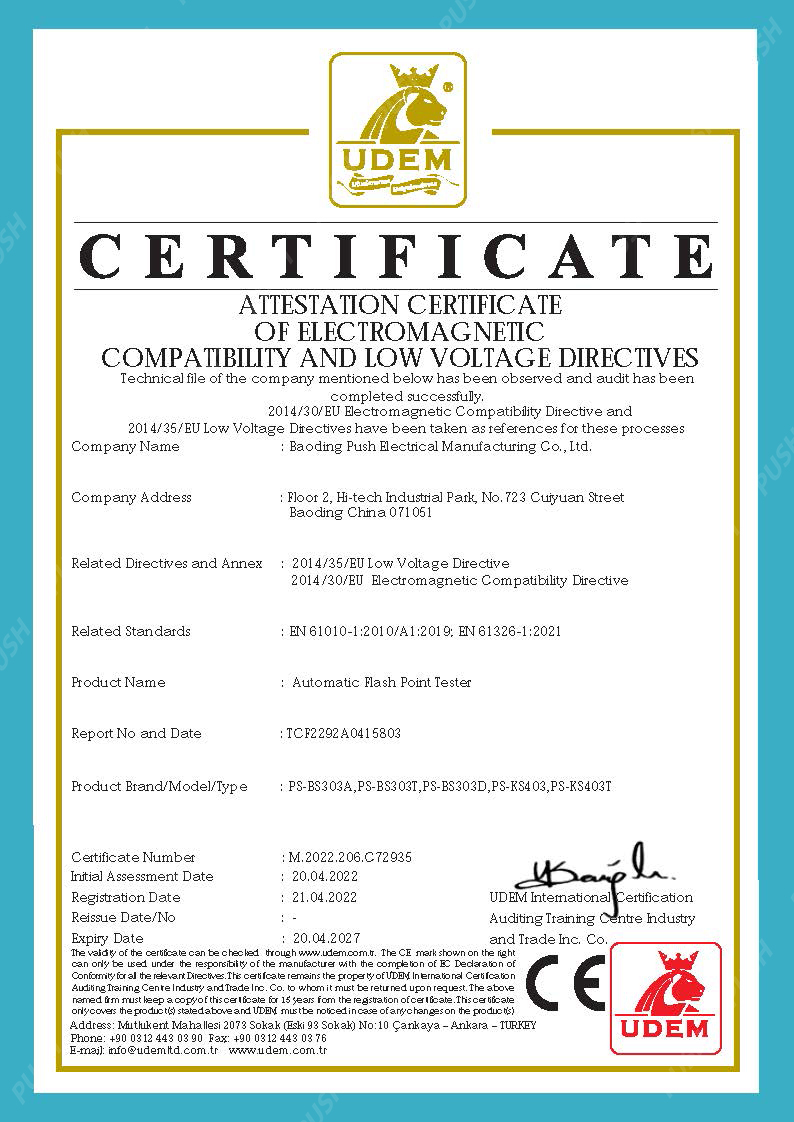 English
English



-
 Afrikaans
Afrikaans -
 Albanian
Albanian -
 Amharic
Amharic -
 Arabic
Arabic -
 Armenian
Armenian -
 Azerbaijani
Azerbaijani -
 Basque
Basque -
 Belarusian
Belarusian -
 Bengali
Bengali -
 Bosnian
Bosnian -
 Bulgarian
Bulgarian -
 Catalan
Catalan -
 Cebuano
Cebuano -
 China
China -
 China (Taiwan)
China (Taiwan) -
 Corsican
Corsican -
 Croatian
Croatian -
 Czech
Czech -
 Danish
Danish -
 Dutch
Dutch -
 English
English -
 Esperanto
Esperanto -
 Estonian
Estonian -
 Finnish
Finnish -
 French
French -
 Frisian
Frisian -
 Galician
Galician -
 Georgian
Georgian -
 German
German -
 Greek
Greek -
 Gujarati
Gujarati -
 Haitian Creole
Haitian Creole -
 hausa
hausa -
 hawaiian
hawaiian -
 Hebrew
Hebrew -
 Hindi
Hindi -
 Miao
Miao -
 Hungarian
Hungarian -
 Icelandic
Icelandic -
 igbo
igbo -
 Indonesian
Indonesian -
 irish
irish -
 Italian
Italian -
 Japanese
Japanese -
 Javanese
Javanese -
 Kannada
Kannada -
 kazakh
kazakh -
 Khmer
Khmer -
 Rwandese
Rwandese -
 Korean
Korean -
 Kurdish
Kurdish -
 Kyrgyz
Kyrgyz -
 Lao
Lao -
 Latin
Latin -
 Latvian
Latvian -
 Lithuanian
Lithuanian -
 Luxembourgish
Luxembourgish -
 Macedonian
Macedonian -
 Malgashi
Malgashi -
 Malay
Malay -
 Malayalam
Malayalam -
 Maltese
Maltese -
 Maori
Maori -
 Marathi
Marathi -
 Mongolian
Mongolian -
 Myanmar
Myanmar -
 Nepali
Nepali -
 Norwegian
Norwegian -
 Norwegian
Norwegian -
 Occitan
Occitan -
 Pashto
Pashto -
 Persian
Persian -
 Polish
Polish -
 Portuguese
Portuguese -
 Punjabi
Punjabi -
 Romanian
Romanian -
 Russian
Russian -
 Samoan
Samoan -
 Scottish Gaelic
Scottish Gaelic -
 Serbian
Serbian -
 Sesotho
Sesotho -
 Shona
Shona -
 Sindhi
Sindhi -
 Sinhala
Sinhala -
 Slovak
Slovak -
 Slovenian
Slovenian -
 Somali
Somali -
 Spanish
Spanish -
 Sundanese
Sundanese -
 Swahili
Swahili -
 Swedish
Swedish -
 Tagalog
Tagalog -
 Tajik
Tajik -
 Tamil
Tamil -
 Tatar
Tatar -
 Telugu
Telugu -
 Thai
Thai -
 Turkish
Turkish -
 Turkmen
Turkmen -
 Ukrainian
Ukrainian -
 Urdu
Urdu -
 Uighur
Uighur -
 Uzbek
Uzbek -
 Vietnamese
Vietnamese -
 Welsh
Welsh -
 Bantu
Bantu -
 Yiddish
Yiddish -
 Yoruba
Yoruba -
 Zulu
Zulu
dielectric tester
Understanding Dielectric Testers Essential Tools for Electrical Safety
Dielectric testers, also known as insulation resistance testers or megohmmeters, are critical instruments in the field of electrical safety and maintenance. Designed to assess the insulation quality of electrical components, these devices play a vital role in ensuring that electrical systems operate safely and efficiently. This article delves into the operation, significance, and applications of dielectric testers.
The Purpose and Functionality of Dielectric Testers
The primary function of a dielectric tester is to evaluate the insulation resistance of electrical equipment. Insulation is essential in preventing electrical current from leaking to unintended pathways, which can result in short circuits, equipment failures, or even hazardous situations like electric shocks or fires. By measuring the resistance of insulation under a high-voltage condition, dielectric testers help identify any degradation or failure in insulation material before a potential breakdown occurs.
Typically, a dielectric tester operates by applying a specific voltage to the electrical insulation and measuring the current that flows through it. The tester then calculates the insulation resistance, which is expressed in ohms (Ω). A higher resistance value indicates better insulation quality, while lower values may signal defects or wear in the insulation material.
Types of Dielectric Testers
There are several types of dielectric testers available, each serving different needs
. The most common types include1. Handheld Dielectric Testers These portable units are suitable for field testing and can be easily transported to various job sites. They are ideal for quick and efficient testing of small equipment and cables.
2. Bench-top Dielectric Testers Designed for more extensive testing in laboratories or workshops, these testers can handle larger voltage outputs and offer more detailed analysis and reporting features.
dielectric tester

3. Automated Dielectric Testers Often used in manufacturing and production environments, these testers can automatically perform tests on multiple items and compile results quickly, significantly improving efficiency.
Importance in Various Industries
Dielectric testers are invaluable across multiple sectors, including
- Power Generation and Distribution In this sector, dielectric testing is crucial for ensuring the reliability and safety of transformers, generators, and transmission lines. Regular testing helps prevent failures that could lead to extensive downtime or safety hazards.
- Manufacturing In industrial manufacturing, dielectric testers are used to assess the insulation of motors, cables, and other electrical components, ensuring that they meet safety regulations and operational standards.
- Transportation In the automotive and aerospace industries, dielectric testing is vital for evaluating the electrical systems of vehicles, helping to maintain performance and safety.
- Telecommunications For telecom equipment, dielectric testers ensure that signal transmission remains uninterrupted and that equipment functions correctly without risk of failure.
Conclusion
As the demand for electrical equipment continues to rise, the role of dielectric testers becomes increasingly important in maintaining safety and efficiency. By regularly assessing the insulation resistance of electrical components, organizations can prevent potential failures, uphold safety standards, and optimize performance. Investing in reliable dielectric testing equipment is not just a matter of compliance; it is a commitment to the safety and operational efficiency of electrical systems across numerous sectors. In today's technology-driven world, dielectric testers stand as indispensable tools in safeguarding electrical infrastructure.
-
Testing Equipment Industry Sees Major Advancements in 2025: Smart & Precision Technologies Lead the WayNewsJun.06,2025
-
Applications of Direct Current Generators in Renewable Energy SystemsNewsJun.05,2025
-
Hipot Tester Calibration and Accuracy GuidelinesNewsJun.05,2025
-
Digital Circuit Breaker Analyzer Features and BenefitsNewsJun.05,2025
-
Benefits of Real-Time Power Quality Monitoring Devices for Industrial EfficiencyNewsJun.05,2025
-
Earth Fault Loop Testing in High-Rise Building Electrical SystemsNewsJun.05,2025



